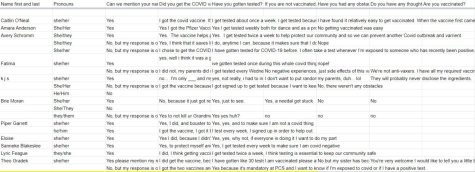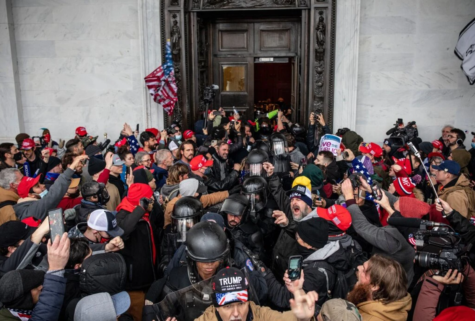Opinion: Ban All Gun Bans
February 22, 2016
Strict gun laws are ineffective for stopping crime and nearly impossible to maintain. This becomes quickly evident if you study places that have banned firearms and compare crime statistics before and after gun bans..
In the U.K., for example, a 1997 law banning concealable firearms was
met by a 77% increase in violent crime, and a 50% increase in homicide (see figure 1). Homicide rates peaked at 2.1 per 100,000. There was a 13% increase in assaults with a knife.
In 1996, Australia banned all shotguns, semi-automatic, and fully automatic rifles.
Armed robberies increased by 69%, non-lethal gun violence by 28%, and gun homicide went up 19%.
On the other hand, in Kennesaw, Georgia, a 1982 ordinance required “every head of household residing in the city limits . . . to maintain a firearm.” The 1983 crime rate was 89% lower than in ‘82. Today, Kennesaw’s violent crime rate is “lower than the national . . . average by 74.59%”
Switzerland, where a third of the population owns firearms, has an astonishingly low murder rate: 0.49 per 100,000 people.
Gun-Free Zones
As history shows us, mass shooters typically target places where their victims cannot defend themselves: schools and businesses, which are commonly called gun– free zones. A gun– free zone, however, just serves to make it easier for a deranged shooter to kill as many people they can with as least resistance as possible. Since 1950, all but two mass shootings in America have taken place where general citizens are banned from carrying guns.
Paris is a gun free zone yet a group of shooters managed to kill 128 people. All gun-free zones do is limit the freedom of responsible people being able to protect themselves and those around them.
Background Checks
Often a hot topic in the wake of a mass shooting, background checks supposedly prevent the mentally ill, criminals, drug users, and illegal immigrants from buying guns. A common response to a mass shooting is simply “make stricter background checks.”
In the hands of criminals, guns kill people. In the right hands, though, they protect people. But guns will always find their way into the wrong hands, and all that heavy restrictions do is keep them out of the right hands.
Militias
Legally, there are two militias: The organized militia, which is the National Guard, and the unorganized militia, which “consists of all able-bodied males at least 17 years of age.” (10 U.S. Code § 311)–in other words, everyone who is eligible for a combat role. We can assume a number of things about the unorganized militia, as with any other abstract concept, and though it contradicts the law, we prefer George Mason’s definition: “the whole people.”
The unorganized militia organizes itself as the country’s last line of defense if the National Guard are not present for any reason or if a rebellion is necessary (as Thomas Jefferson said, “a little rebellion now and then is a good thing”). The idea is everyone spends some time training with arms (guns), and if the government, say, starts a genocide, members of the militia (again, everyone) organize themselves, select leaders, and rebel. If the country is invaded and military forces are wiped out, in another country, or concentrated on the borders, the militia organizes itself, selects leaders, and drives off invaders.
The militia is meant to keep citizens from being helpless and to keep the government in check. But how can a militia armed with hunting rifles repel a force that managed to get past our military? Without guns, this is impossible. Without guns, there is no militia. Fully automatic weapons are important for homeland defense, and without training with them, they are practically useless. And, remember, the militia is everybody.
Conclusion
In a perfect world, maybe we could get rid of every single gun the the country, all 310 million on register, plus untold millions of untraceable ghost guns. Maybe we could somehow keep them away from with any intent to commit a crime. Maybe we could even ban them altogether, prevent anyone from making guns and prevent new shipments of ghost guns from entering the country. But all of this would not solve the problem–there would still be violent crime but no easy means of defense.


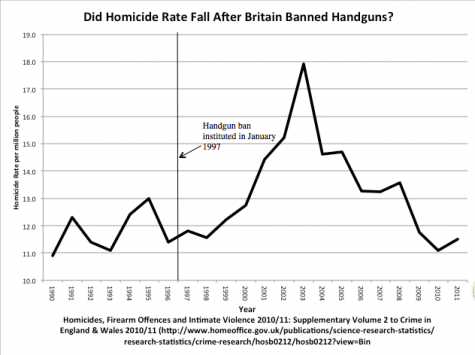
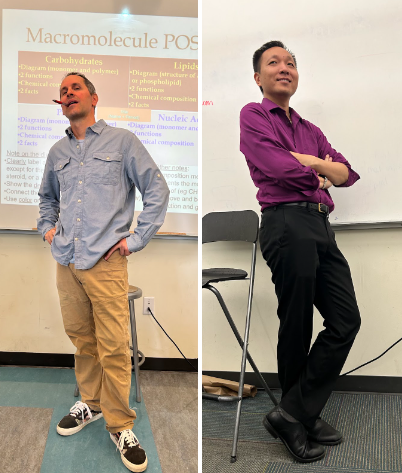

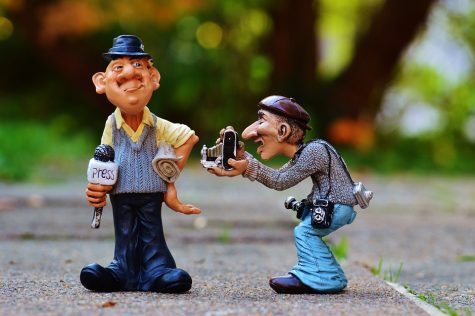


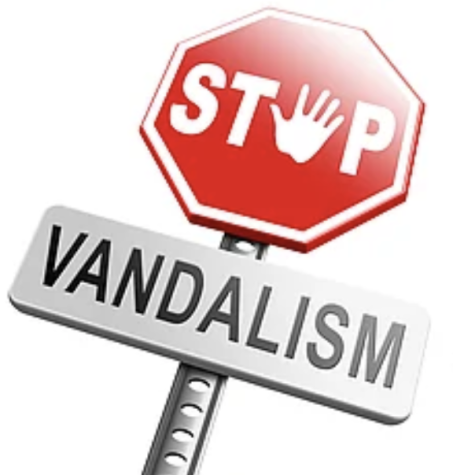
![[Right to left: Ben, Jackson] Ben: I don’t care. If I had to wear a mask, I would do it, if I didn’t have to wear a mask... I don’t care.](https://www.pcsroar.com/wp-content/uploads/2022/04/IMG_5044-e1651362674871-356x475.jpg)
